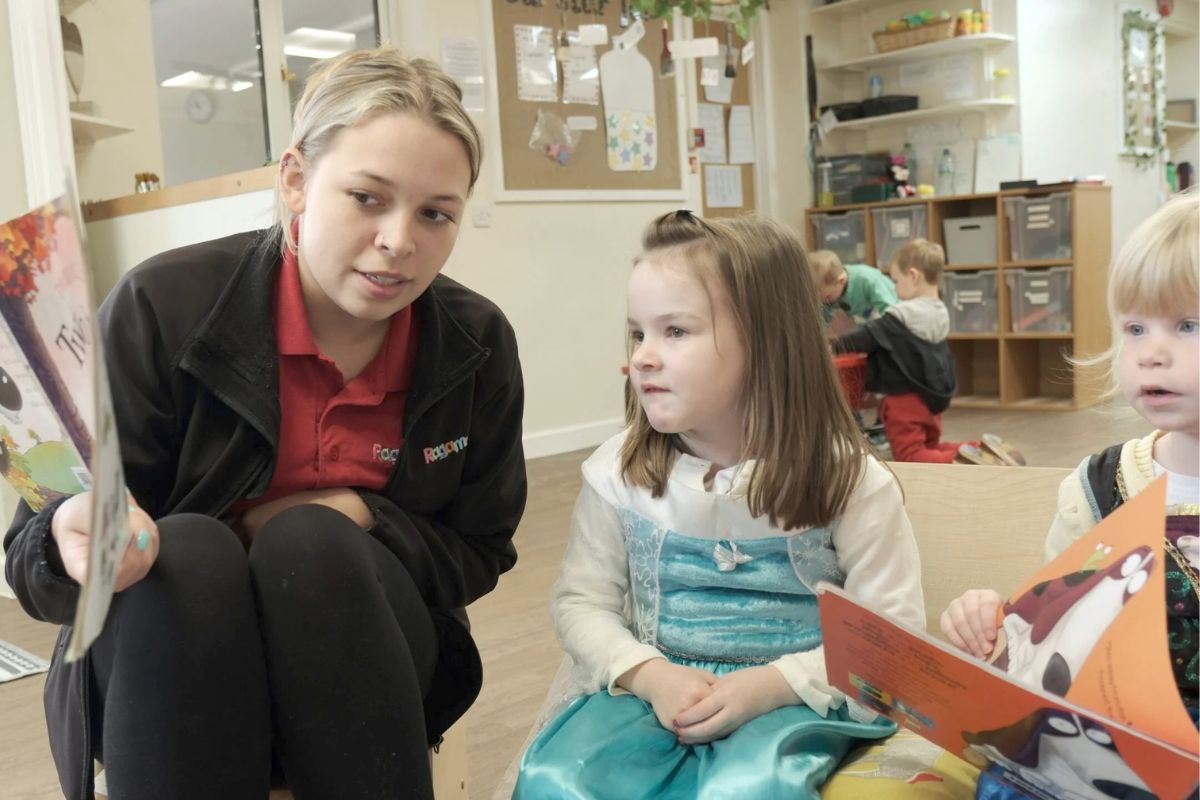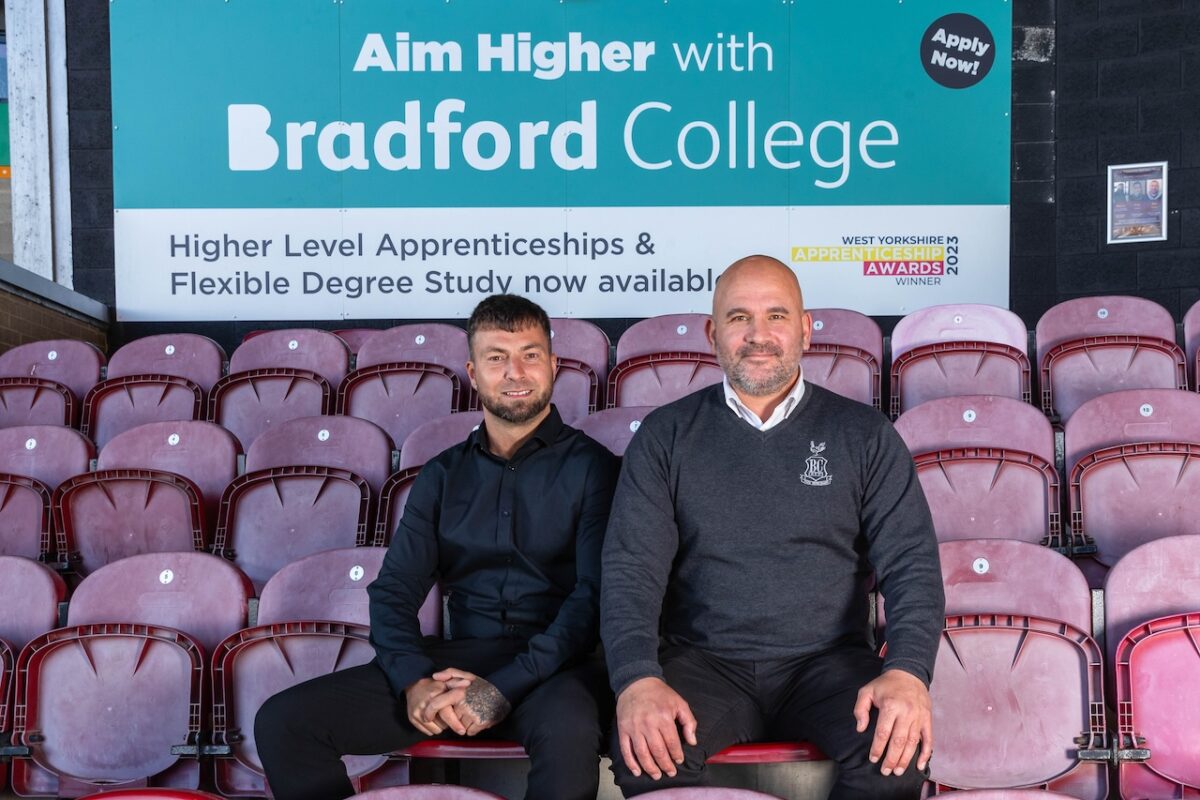Plymouth College of Art launches dynamic Creative Education Short Course for teachers

Led by Natalia Ernstman, Senior Lecturer on Plymouth College of Art’s (@plymouthart) MA Creative Education: Making Learning course, the programme focuses on helping educators tackle teaching in a post-COVID world.
Plymouth College of Art are already renowned for their highly sought-after creative evening classes and Short Courses, covering a wide range of subjects from calligraphy to ceramics. Now, the college has launched a new Short Course aimed at teachers, designed to give them the skills to tackle the challenges of teaching in a post-COVID world.
This newly launched Creative Education CPD course has been designed to help educators to reflect on their teaching and learn new skills that will allow them to implement small changes to their professional practice, and support their teaching in this new and uncertain world.
The global pandemic has massively impacted teaching staff, who have had little or no time to keep up with changes necessary or reflect on how to transform the landscape of teaching and learning.
Pupils’ deteriorating mental health, exam confusion, excessive workload, pressures of assessment targets and inspections, infection risks… The stressors in teaching are many and varied.
Led by Natalia Ernstman, Plymouth College of Art’s Senior Lecturer on their MA Creative Education: Making Learning, this new course, which will be delivered solely online, focuses on the belief that creativity is the route through which wider systemic challenges in education and personal resilience can be addressed.
Natalia said, “Teachers are at the front line of the pandemic in so many ways. Apart from having their own health to worry about, they are also dealing with increased feelings of anxiety and disillusionment among pupils, as well as fears and frustrations from parents. They are carrying enormous amounts of responsibility, yet it seems that they haven’t received the necessary support to be able to deal with this mental and physical burden. Nobody was prepared to deal with what Covid did to our society, but where other sectors have had more leeway to get it wrong and try again, teachers are under constant pressure to handle and solve the situation correctly and immediately. They are just expected to get on with it and make it work, because if they don’t, it’s our childrens’ futures that are on the line. It personally really worries me that so many teachers suffer from mental health issues as a result. It is harrowing to hear how many ambitious, enthusiastic and capable people decide that the teaching profession is too stressful for them and quit. It puts even more strain on the ones that remain, it’s desperate on so many levels.”
“At Plymouth College of Art, we don’t have the solutions to all of this, but we do know about creating safe and creative spaces where people can learn together to tackle challenging societal, professional and personal issues. That is what this short course is all about: creating a space to catch our breath, take stock and using the arts and research to design and implement small changes that support our teaching in this uncertain world. I have designed the course in a way that allows for ‘relaxed’ sharing of experiences and playful approaches to exploring where we are and where we want to go. Experts will share their view and will provide theoretical pedagogical underpinning.”
The course will also welcome guest speakers and educators to two of the sessions, one of which will be Dr Penny Hay, artist and educator, Reader in Creative Teaching and Learning, Senior Lecturer in Arts Education, Research Fellow, Centre for Cultural and Creative Industries; School of Education, Bath Spa University and Director of Research, House of Imagination (formerly 5x5x5=creativity).
The course is open to teachers in both primary and secondary education, as well as headteachers and managers in education, NQTs, and support workers. A limited number of places are available. The course will comprise of 5 online evening sessions over a period of 10 weeks. The first session will take place on 22 February 2021.











Responses